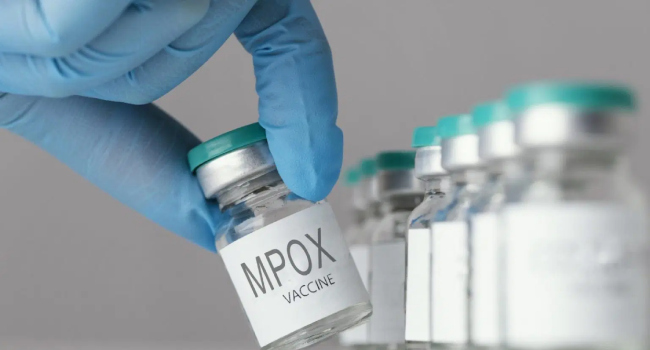The World Health Organisation (WHO) has prequalified an Mpox vaccine for the first time, marking a significant milestone in the global fight against the disease.
This announcement coincided with the arrival of the first MVA-BN vaccines in the Democratic Republic of Congo (DRC), the epicenter of the epidemic. Since January, the DRC has reported nearly 22,000 cases and 716 deaths related to Mpox. In response, around 200,000 vaccine doses have been provided by the European Union, with an additional 50,000 doses from the United States.
Mpox, formerly known as monkeypox, is a viral disease transmitted from infected animals to humans, though it can also spread between humans through close physical contact. Symptoms include fever, muscle aches, and large skin lesions resembling boils. In severe cases, the disease can be fatal.
On Friday, WHO shared on its X account that this prequalification is expected to accelerate access to vaccines in Africa, where the epidemic is most severe. “This first prequalification of a vaccine against Mpox is a crucial step in combating the disease both in the current outbreaks in Africa and for future threats,” said WHO Director-General Tedros Adhanom Ghebreyesus.
Tedros emphasized the need for swift action in scaling up vaccine procurement, donations, and distribution to ensure equitable access, prevent infections, halt transmission, and save lives.
WHO’s prequalification process evaluates the quality, safety, and efficacy of medical products, enabling the United Nations and other agencies to procure them. The listing also supports lower-income countries in fast-tracking approvals for vaccine procurement.
“The prequalification of the MVA-BN vaccine will expedite the ongoing procurement efforts by governments and international organizations fighting the epidemic in Africa and beyond,” said Yukiko Nakatani, WHO’s assistant chief for access to medicines and health products.
Last month, the WHO declared an international emergency due to the rapid spread of a new Clade 1b strain of Mpox in the DRC, which has since affected neighboring countries.



